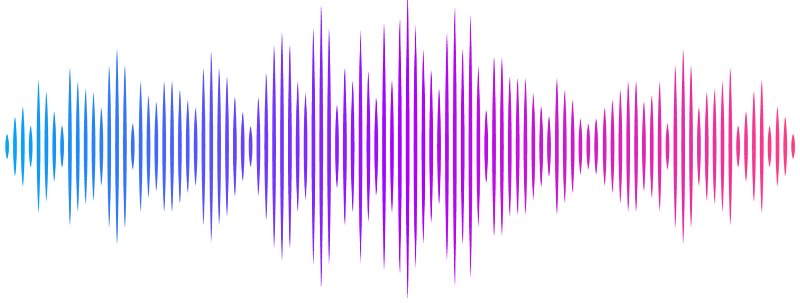C-terminal CDC42 variants in autoinflammatory patients specifically trigger actin defects and NF-kB hyperactivation

C-terminal CDC42 variants in autoinflammatory patients specifically trigger actin defects and NF-kB hyperactivation
Iannuzzo, A.; Mertz, P.; Delafontaine, S.; Tacine, R.; Boursier, G.; Hentgen, V.; Georgin-Lavialle, S.; Meyts, I.; Delon, J.
AbstractBackground: CDC42 belongs to the RHO GTPases family. Recently, four variants were identified in autoinflammatory patients. One variant affects the N-terminal part of the protein while the three others are located in the C-terminal region. To date, most of the functional defects were only reported for the C-terminal R186C variant. The other three variants are far less characterized at the functional level. Objectives: We aimed to investigate whether all four CDC42 variants share common signaling alterations. Methods: We performed in depth imaging analysis of actin cytoskeleton and NF-kB nuclear translocation, coupled to flow cytometry in cells from patients or in the monocytic THP-1 cell line. Results: We show that the N-terminal Y64C CDC42 variant localizes normally in cells and does not exhibit any defect in actin filaments formation or NF-kB activation. By contrast, all three C-terminal CDC42 variants have aberrant subcellular localizations and share common functional alterations. They exhibit a strong reduction or complete block in their abilities to polymerize actin filaments. They also show more NF-kB nuclear translocation and phosphorylation. However, we suggest that there is no causal relationship between these two events. Artificial reduction in cellular actin content using specific pharmacologic drugs is indeed not sufficient to hyperactivate NF-kB. Conclusions: This study further extends the spectrum of defects observed in autoinflammatory CDC42 patients, and pinpoints a functional heterogeneity between N- and C-terminal CDC42 variants. We also show that CDC42 patients should not be necessarily classified among actinopathies. Altogether, the functional defects we report here can lead the way towards more personalized therapeutic interventions.


